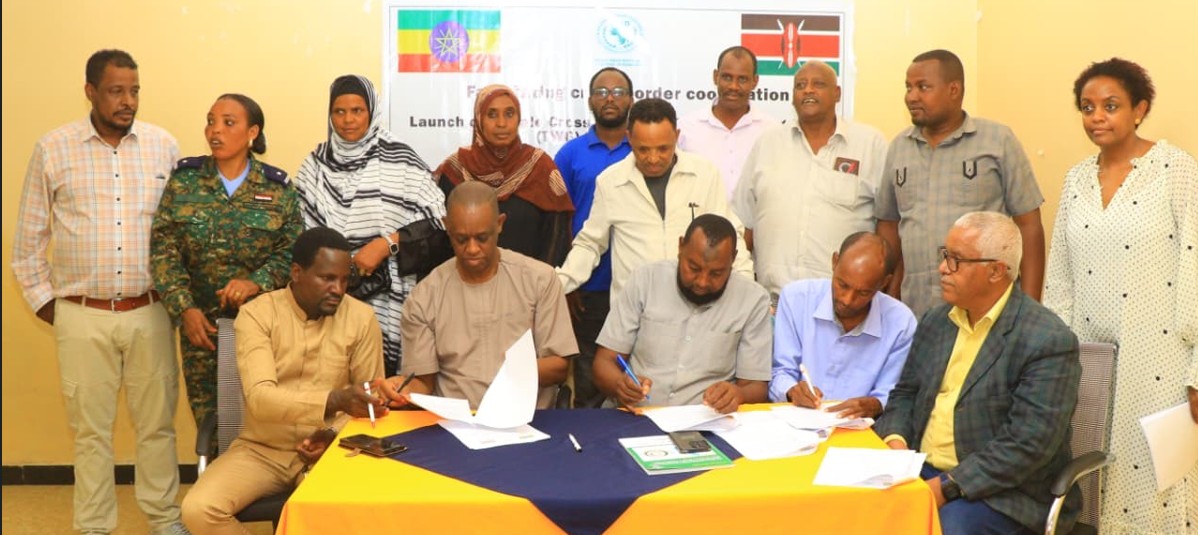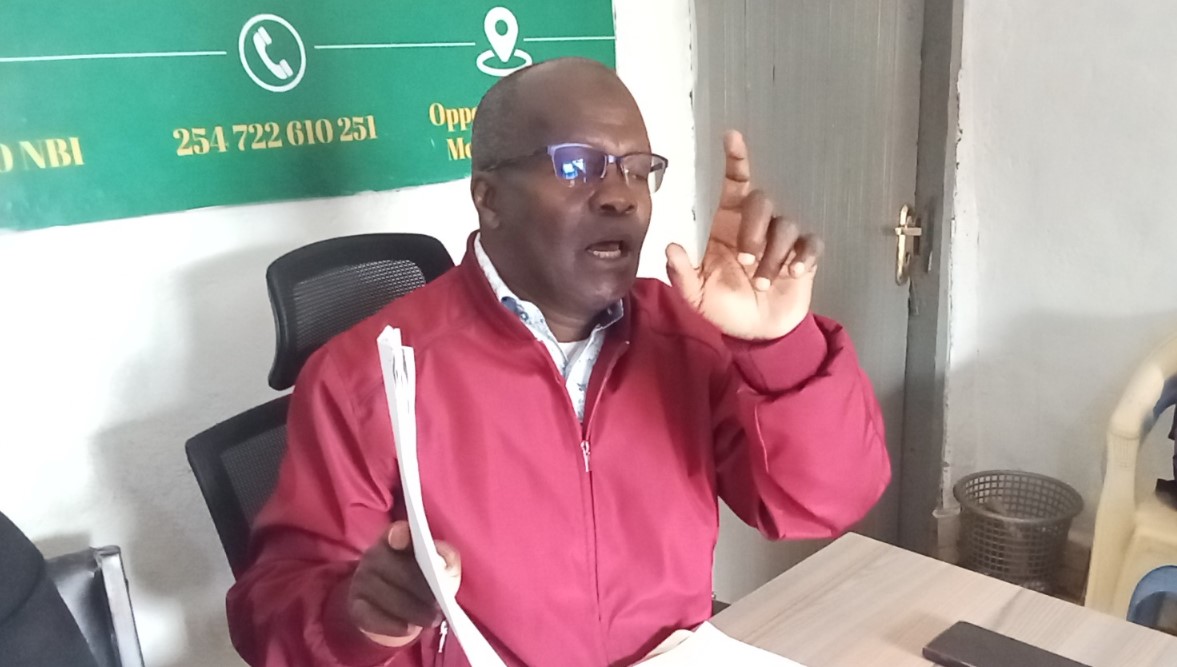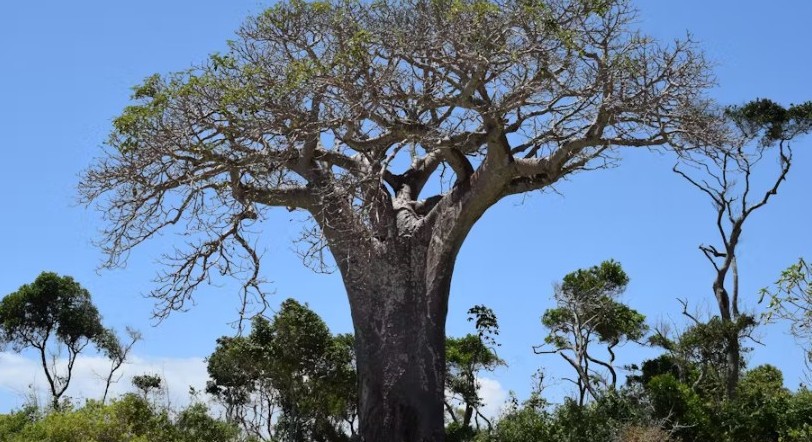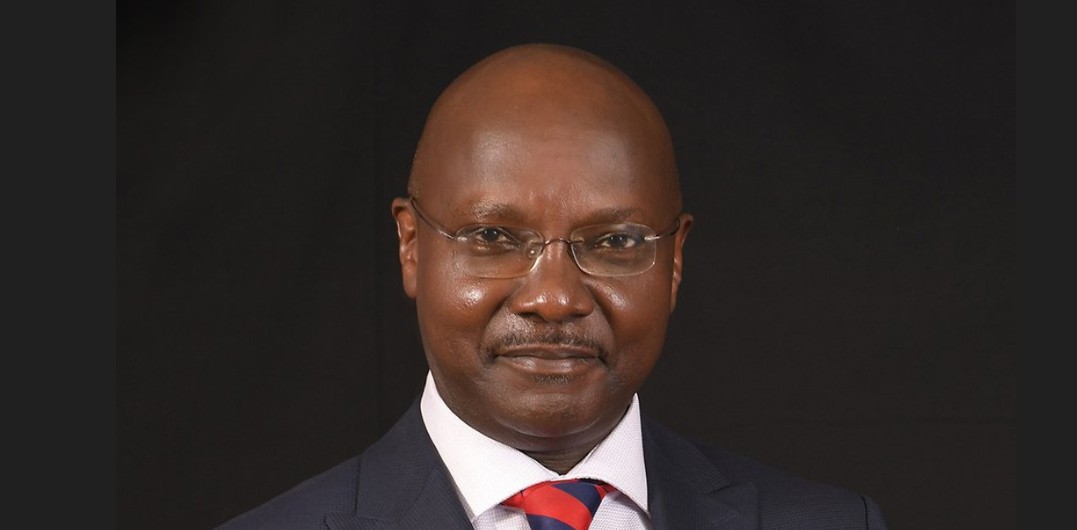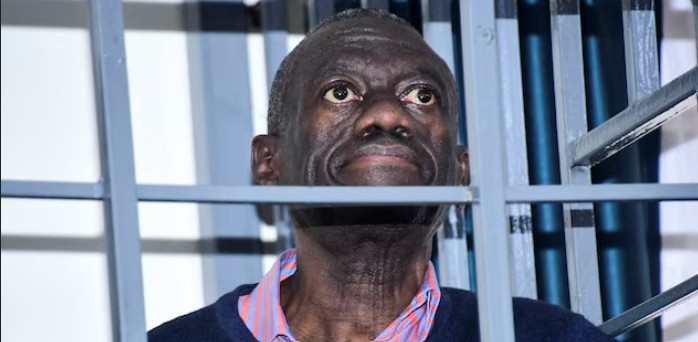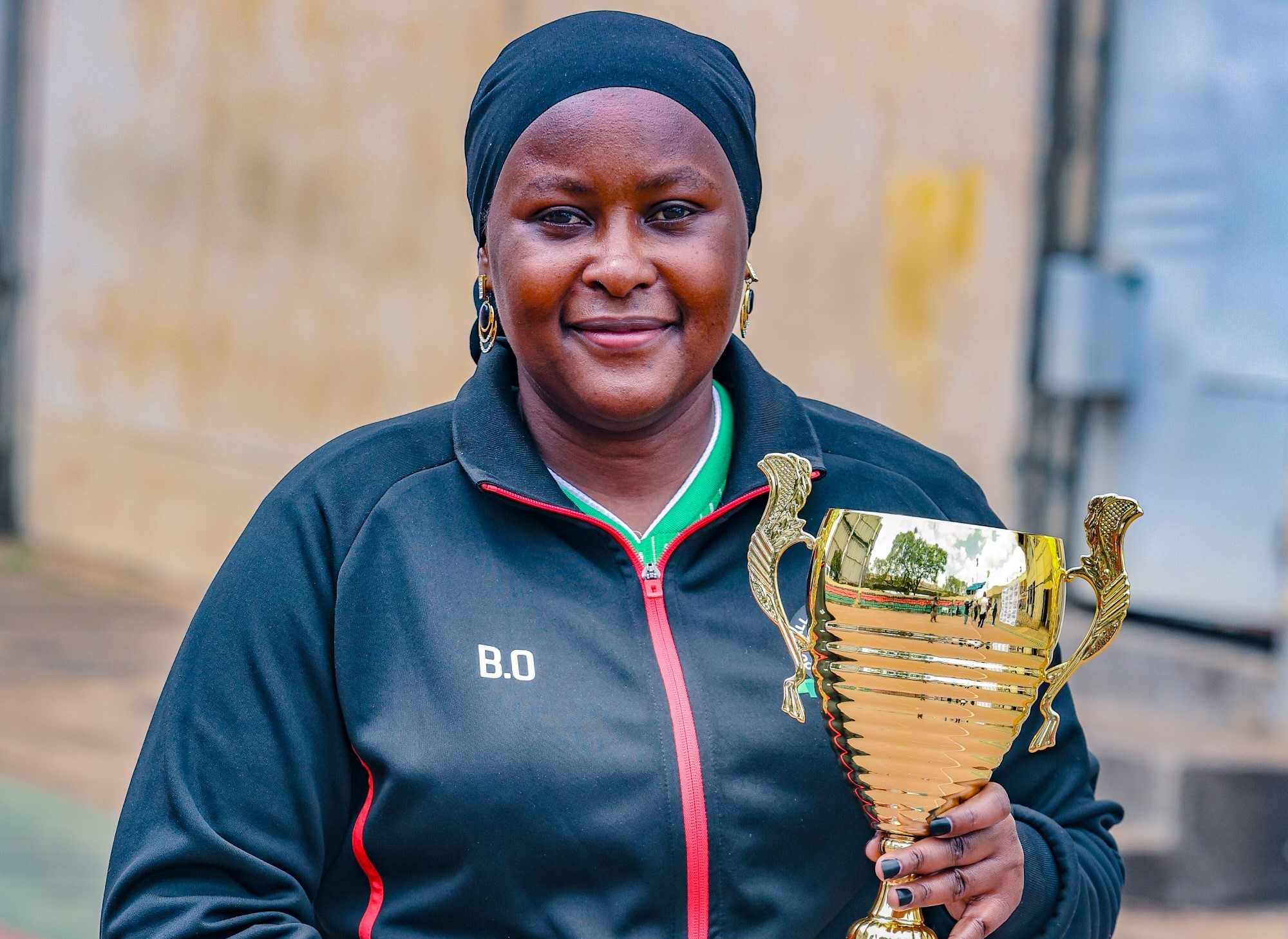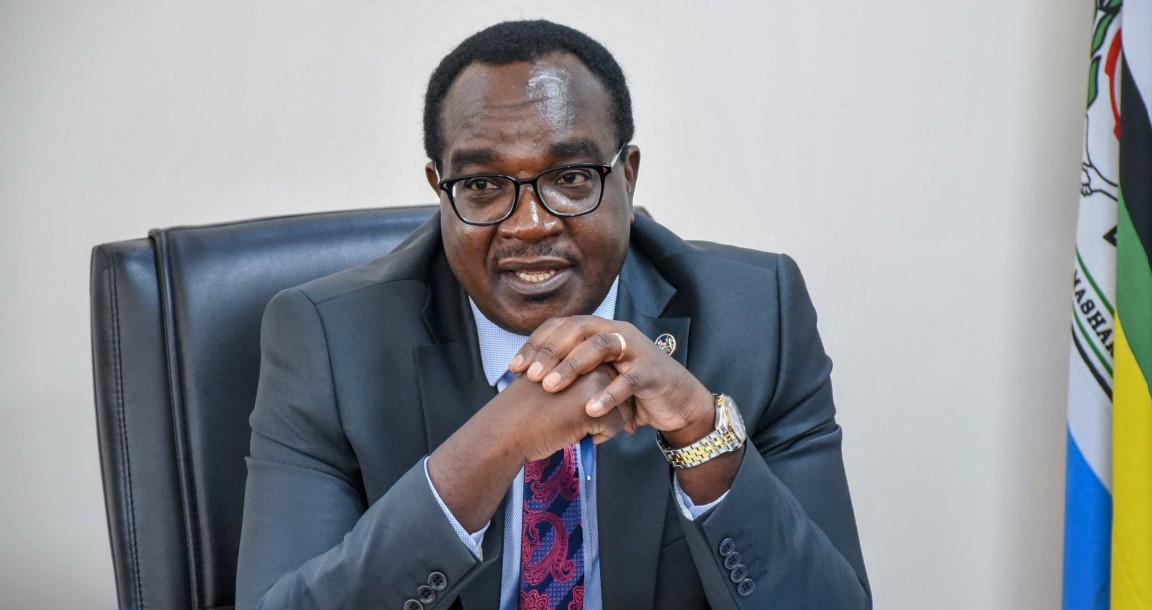Uganda hosts two mega summits championing Global South interests

NAM is reviving amidst a tectonic shift in the global landscape, at a time when the balance of international power is transitioning from the West to the East.
Uganda is hosting two consecutive mega global conferences: the Non-Aligned Movement (NAM) Summit (January 15-20) and the G77 plus China (January 20-23) in Kampala.
These gatherings are set to draw participation from 70 heads of state and government representing 120 countries.
More To Read
- Kampala High Court rejects Kizza Besigye’s bid to refer treason case to constitutional court
- Activists petition Parliament to summon PS Sing’Oei over abducted Kenyans in Uganda
- Petition filed in Ugandan court to nullify Gen Moses Ali’s nomination over age, health concerns
- Ugandan-born Zohran Mamdani elected as New York City’s first Muslim mayor
- New discovery reveals chimpanzees in Uganda use flying insects to tend their wounds
- Kenya, Uganda launch joint tourism drive to attract 1.4 million African visitors
Both NAM and G77 are international groupings of great historical significance in the Global South, established to articulate and promote the interests of developing nations and advocate for a more equitable and just international order.
Although its foundation was led at the first major Afro-Asia conference in Bandung, Indonesia in 1955, NAM was officially formed and held its first summit in Belgrade in 1961.
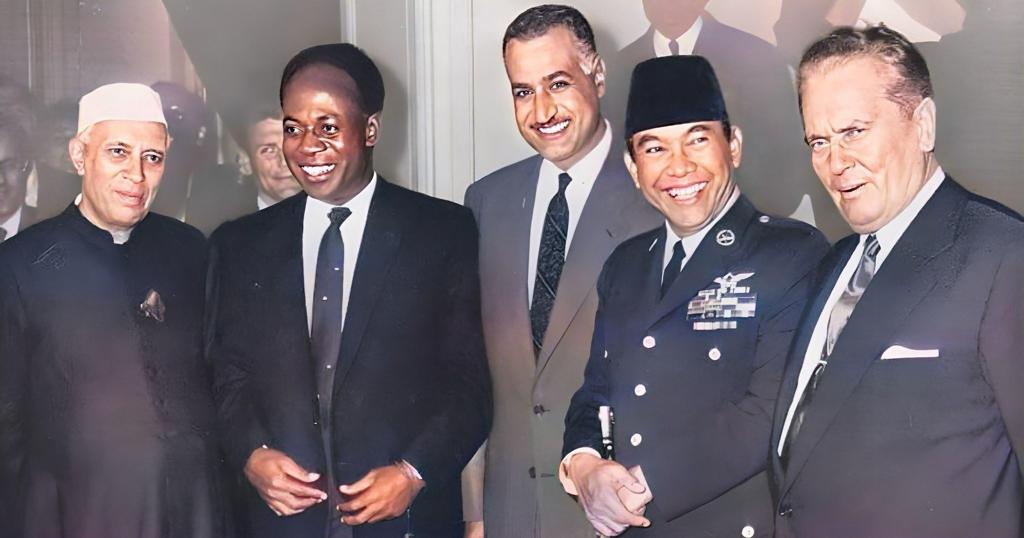 India PM Jawaharlal Nehru, Ghana President Kwame Nkrumah, Egypt President Gamal Abdel Nasser, Indonesia President Sukarno, and Yugoslavia President Josip Broz Tito were taken at the first Non-Aligned Movement (NAM) Conference in Belgrade, Yugoslavia, September 1961.
India PM Jawaharlal Nehru, Ghana President Kwame Nkrumah, Egypt President Gamal Abdel Nasser, Indonesia President Sukarno, and Yugoslavia President Josip Broz Tito were taken at the first Non-Aligned Movement (NAM) Conference in Belgrade, Yugoslavia, September 1961.
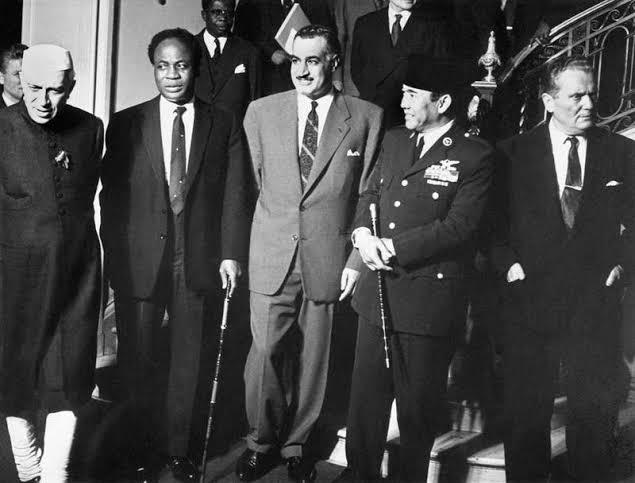
As an organization dedicated to promoting the interests of the "Third World" in international relations, NAM pursued a clear political agenda for a new economic and informational order.
It collectively represented a significant challenge to the exploitative, unfair, and unequal international system led by the West.
The G77, established in 1964, is the largest intergovernmental group in the UN system, comprising developing countries. It serves to articulate and promote the collective economic interests of its members and advocates for a new international order.
Interestingly, the G77 group promoted the formation of UNTCAD, UNEP, and UN Habitat, and played a key role in ensuring that both UNEP and Habitat located their headquarters in a developing country.
NAM is reviving amidst a tectonic shift in the global landscape, at a time when the balance of international power is transitioning from the West to the East, with China emerging as a rising power.
The critical question is whether the resurgent countries of the South can assert their voices under NAM's leadership and establish an alternative power centre capable of challenging the unfair norms and unequal structures that have historically relegated nations in Africa, Asia, and Latin America to the bottom of the international hierarchy.
Top Stories Today



